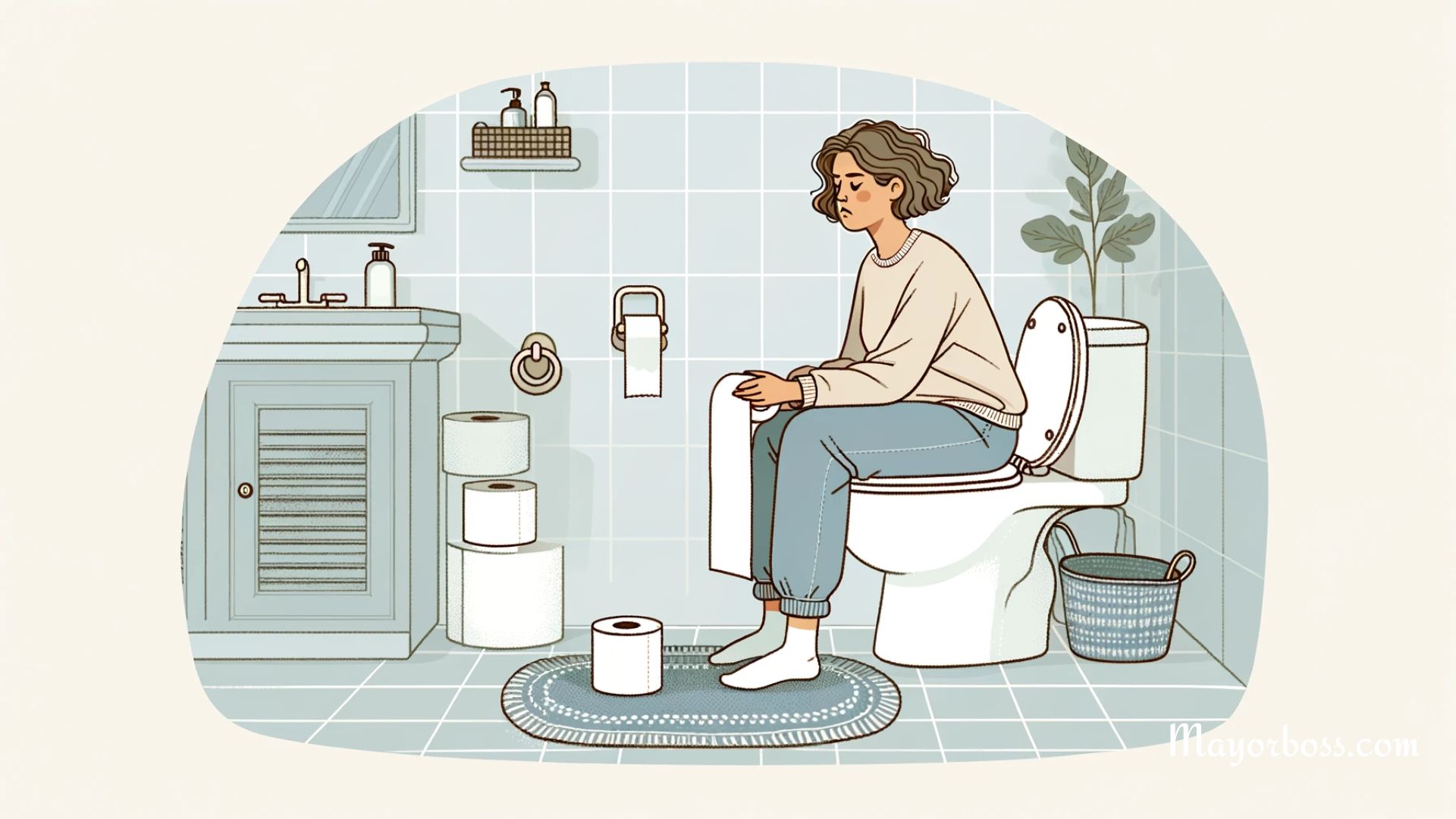Blocked Nose Keeping You Awake? Here Are Tips That Can Help
A blocked nose can feel like the worst thing ever when you’re trying to sleep, right? You’re just trying to rest, but your sinuses decide to block up, making it super hard to breathe. There are some simple ways to deal with this problem and finally get some sleep. In this article, I’ll share some easy and helpful tips to help you breathe better at night, even if your nose is stuffed up.

Raise Your Head to Help Clear Your Nose
Sleeping with your head raised is one of the easiest ways to help a blocked nose. When your head is up, gravity helps the mucus drain down, which can reduce the stuffiness. Try adding an extra pillow or two to keep your head elevated. It’s a small change, but it might help you breathe better while you sleep.
Use Steam Before Bed to Help Loosen Mucus
Breathing in steam is a great way to clear up a blocked nose. Before going to bed, try inhaling steam for about 10 to 15 minutes. This loosens mucus, making it easier to breathe. You can do this by filling a bowl with hot water, leaning over it, and covering your head with a towel to trap the steam. Just be careful not to get too close to avoid burns. Adding a few drops of eucalyptus oil can help open your nasal passages even more.
Keep Your Room Moist with a Humidifier
Dry air can make a blocked nose worse. Running a humidifier in your bedroom will add moisture to the air, which helps soothe your nasal passages and makes it easier to breathe. If you don’t have a humidifier, you can put a bowl of hot water in your room to help increase the moisture in the air.
Use Saline Spray to Clear Your Nose
A saline nasal spray can be really helpful for clearing a blocked nose. The saltwater helps thin out the mucus, making it easier to clear. Saline sprays are safe for both kids and adults, and you can use them a few times a day or just before bed. They can give quick relief without the side effects that come with some medicated sprays.
Take a Warm Shower Before Bed to Feel Better
Taking a warm shower before bedtime can help in two ways. First, the steam from the shower helps loosen mucus, just like using a bowl of hot water. Second, the warm water helps relax your body, making it easier to fall asleep. So, not only does it help with your congestion, but it also makes you feel more ready for bed.
Drink Plenty of Fluids During the Day
Staying hydrated is super important when dealing with a blocked nose. Drinking lots of fluids helps thin out the mucus, which makes it easier for your body to get rid of it. Herbal teas, water, and broths are great options. Try to avoid caffeinated beverages like coffee, soda, or alcoholic drinks before bed, as they can dehydrate you and make the congestion worse.
Use Nasal Strips to Breathe Easier
Nasal strips can also help you breathe better. These sticky strips go on the outside of your nose and help open up your nasal passages. They work by gently pulling your nostrils open, which lets more air flow through. Many people find these strips helpful when they need quick relief without using medication.
Stay Away from Irritants to Help Reduce Congestion
If you have a blocked nose, try to avoid things that can make it worse. Dust, cigarette smoke, and strong household cleaners can all make congestion worse. Keep your bedroom free of allergens as much as you can. This means washing your bedding often, vacuuming with a HEPA filter, and maybe even using hypoallergenic pillow covers.
Use a Warm Compress to Relieve Sinus Pressure
Putting a warm compress on your nose and forehead can help relieve sinus congestion by reducing swelling in the nasal passages. You can make a warm compress by soaking a washcloth in warm (not hot) water and placing it over your nose and forehead for a few minutes. The warmth helps loosen mucus, making it easier to clear your sinuses.
Over-the-Counter Medicine for Severe Congestion
Sometimes, no matter what you try, your nose just won’t clear up. In those cases, an over-the-counter decongestant might help. These medications shrink the swollen blood vessels in your nose, making it easier to breathe. Just remember to use these only as directed and not for too long since overuse can lead to rebound congestion.
Manage Allergies to Prevent Congestion
If your blocked nose is caused by allergies, managing your symptoms can really help. Allergy medicines like antihistamines can reduce the inflammation that causes a stuffy nose. Talk to your doctor about what allergy treatment might work best for you. Keeping your windows closed during high pollen times and using air purifiers can also help keep allergy symptoms under control.
The Takeaway
Dealing with a blocked nose can be super annoying, especially when you’re just trying to get a good night’s sleep. However, with the right approach, you can overcome this challenge. By using some of these simple tips—like running a humidifier, raising your head, or taking a warm shower—you can improve your chances of getting good sleep, even with a stuffy nose. Keep in mind that it might take a combination of these tips to find what works best for you. If your congestion keeps bothering you or causes a lot of discomfort, consult your doctor to rule out any other issues that might need special treatment.






